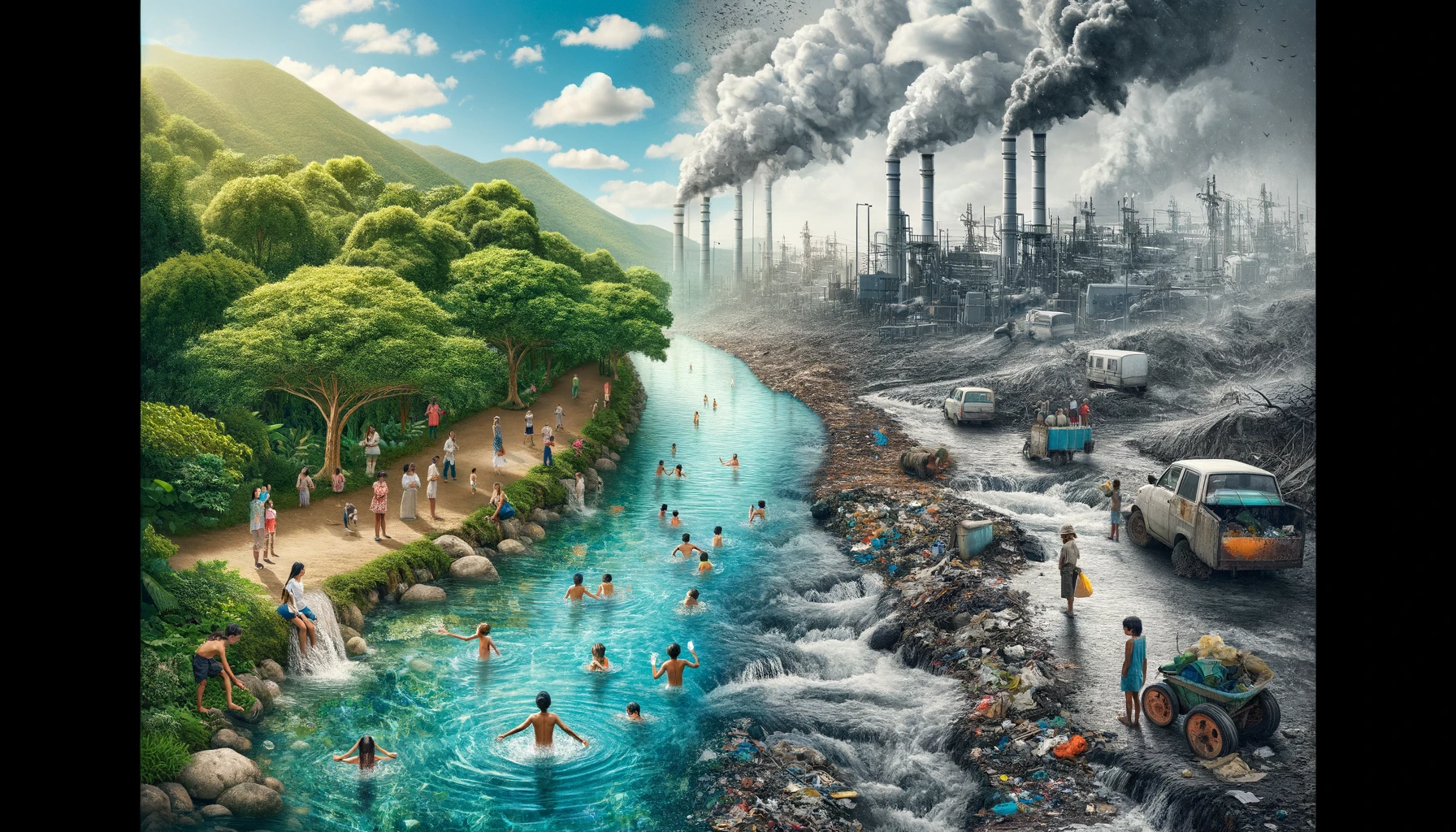Each year, the UN’s World Water Day spotlights the fundamental importance of water and its connection to all aspects of life. However, the sobering reality is that for billions of people, the declaration of “water as a human right” sounds painfully hollow. Despite decades of advocacy and awareness campaigns, the water crisis deepens, leaving communities thirsty and fueling a cascade of social, economic, and environmental problems.
The Disparity of Access
The numbers expose a deeply unjust world. One billion people rely on contaminated water sources, with deadly consequences, particularly for children. Women and girls in developing countries often bear the brunt, spending hours each day fetching water, sacrificing their education and livelihoods. Yet, alongside this deprivation, we witness the reckless squandering of water in the developed world – sprawling lawns, leaky infrastructure, and frivolous consumption.
While World Water Day serves as a reminder, it often feels like an annual ritual, filled with solemn pronouncements that fade as quickly as they appear. It raises the haunting question: is the day about commemorating our failures rather than celebrating tangible progress?
Where Rhetoric Falls Short
Declaring water a right is a noble first step, but its transformative power lies in implementation. This demands holding governments accountable, enacting water-sensitive legislation, and directing critical resources where they’re needed most. But too often, we see half-measures, unfulfilled promises, and the prioritization of economic interests over the fundamental needs of the people.
Beyond Pipelines: The Root of the Problem
The water crisis isn’t simply an engineering challenge but a reflection of deeper systemic problems. Climate change disrupts rainfall patterns and worsens droughts. Rampant pollution renders water sources toxic. Conflicts transform water into a weapon, with civilians deliberately deprived. Tackling these root causes must be a core part of any long-term solution for equitable and sustainable water access.
The Call for Action
Transforming World Water Day from a symbolic gesture into a force for change demands a multifaceted approach:
- Investment: Massively scaling up funding for water infrastructure in underserved areas, with a focus on community-driven solutions.
- Accountability: Holding governments responsible for their commitments to providing safe and affordable water for all, regardless of income level or location.
- Conservation: Promoting responsible water use globally, from individual habits to industrial practices, to shift our relationship with this precious resource.
- Innovation: Supporting research and development of sustainable water management technologies.
- Collaboration: Breaking down silos and fostering partnerships between governments, NGOs, the private sector, and local communities.
The Power of Choice
While systems-level changes are vital, World Water Day also serves as a reminder of the individual responsibility we all bear. Opting for water-conscious products, reducing our water footprint, and supporting organizations working on the frontlines can make a tangible difference.
Let this World Water Day be a day when we commit to turning words into action. The right to water is not a privilege, but a non-negotiable prerequisite for a just and sustainable future. The time for mere slogans is long past. Let’s demand real change, so every person on this planet can finally claim their right to life’s most fundamental resource.
